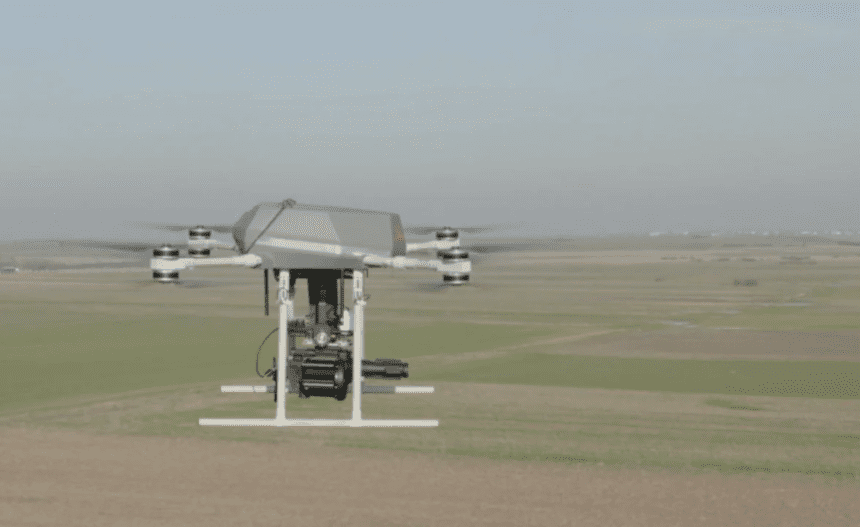India has claimed that Pakistan launched a large-scale drone attack on the night of May 7, deploying between 300 and 400 armed drones across multiple locations in Jammu and Kashmir, Punjab, and Rajasthan. Indian officials allege that the drones were Turkish-made Songar models, equipped with automatic firearms and designed for tactical operations.
Colonel Sofia Qureshi of the Indian Armed Forces stated that the drones, developed by Ankara-based defense company Asisguard, were used to target key infrastructure in 36 locations along the border. According to Indian authorities, the majority of the drones were intercepted using a combination of kinetic and non-kinetic air defense measures.
Officials said the incursion appeared aimed at testing India’s air defense systems and gathering intelligence. “This was not a random act but a coordinated attempt to probe our defenses,” an Indian government spokesperson noted.
In retaliation, India reportedly carried out strikes on Pakistani radar installations, including sites in Lahore. These operations marked the first combat deployment of India’s S-400 air defense system.
While India has provided what it says is technical evidence of the drone model and flight paths, Pakistan has denied any involvement in the strike. Islamabad dismissed the allegations as “fabricated” and “an attempt to justify unprovoked Indian aggression.”
The incident highlights growing concerns over the use of armed drones in high-tension zones. The Songar drone, capable of remote-controlled and autonomous missions, is the first indigenously developed armed UAV system in Turkey, designed specifically for asymmetric warfare.
Defense analysts caution that this development could mark a shift toward more technologically advanced and unconventional methods in the long-standing conflict between the two nuclear-armed neighbors



